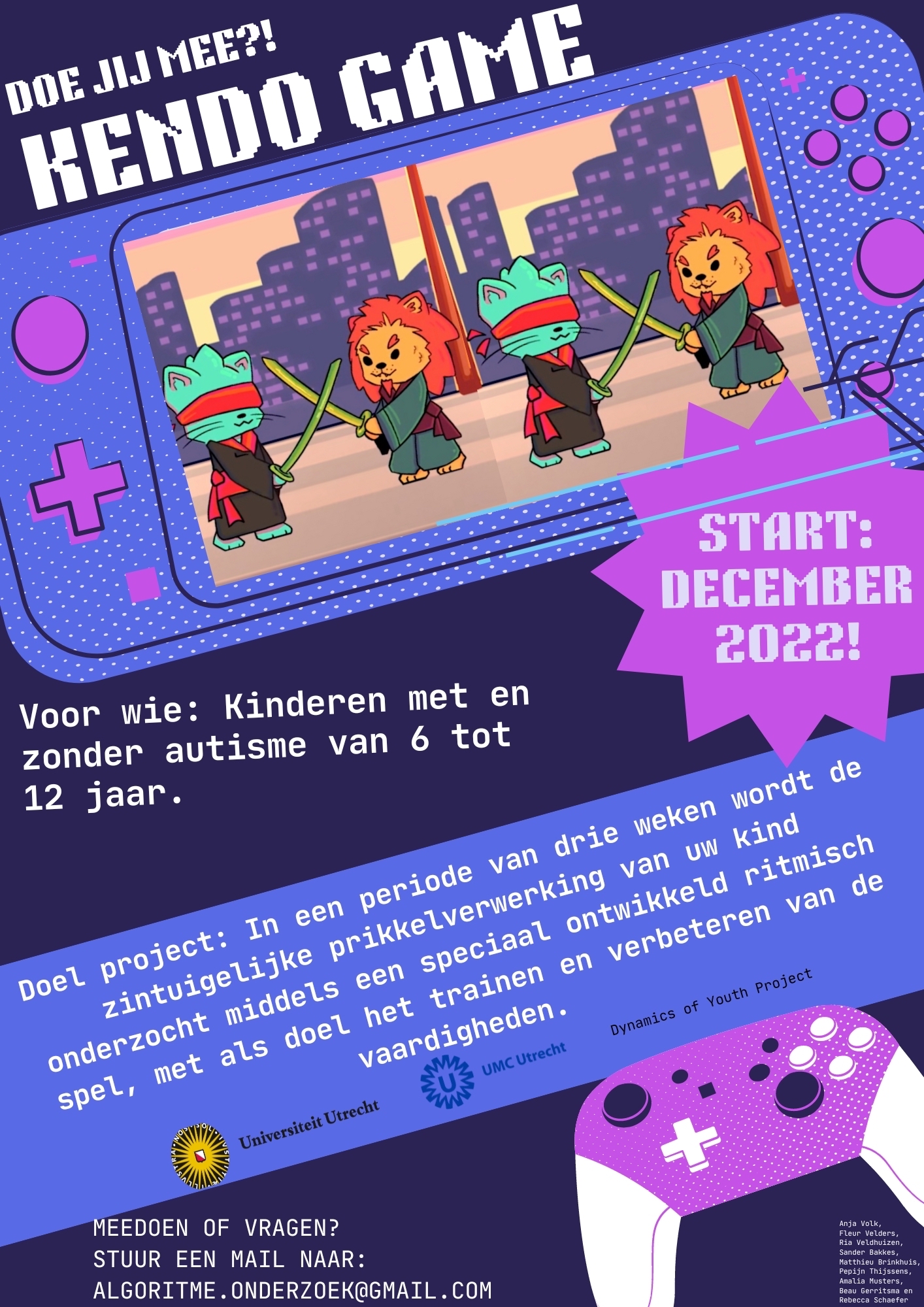AlgoRhythm: Play and train your rhythmic skillsProject: AlgoRhythm - Assessing and ameliorating sensory processing deficits of children with autism spectrum disorder employing a rhythmic gameInterview Anja Volk at Next
Generation Radio Event. |
 |
